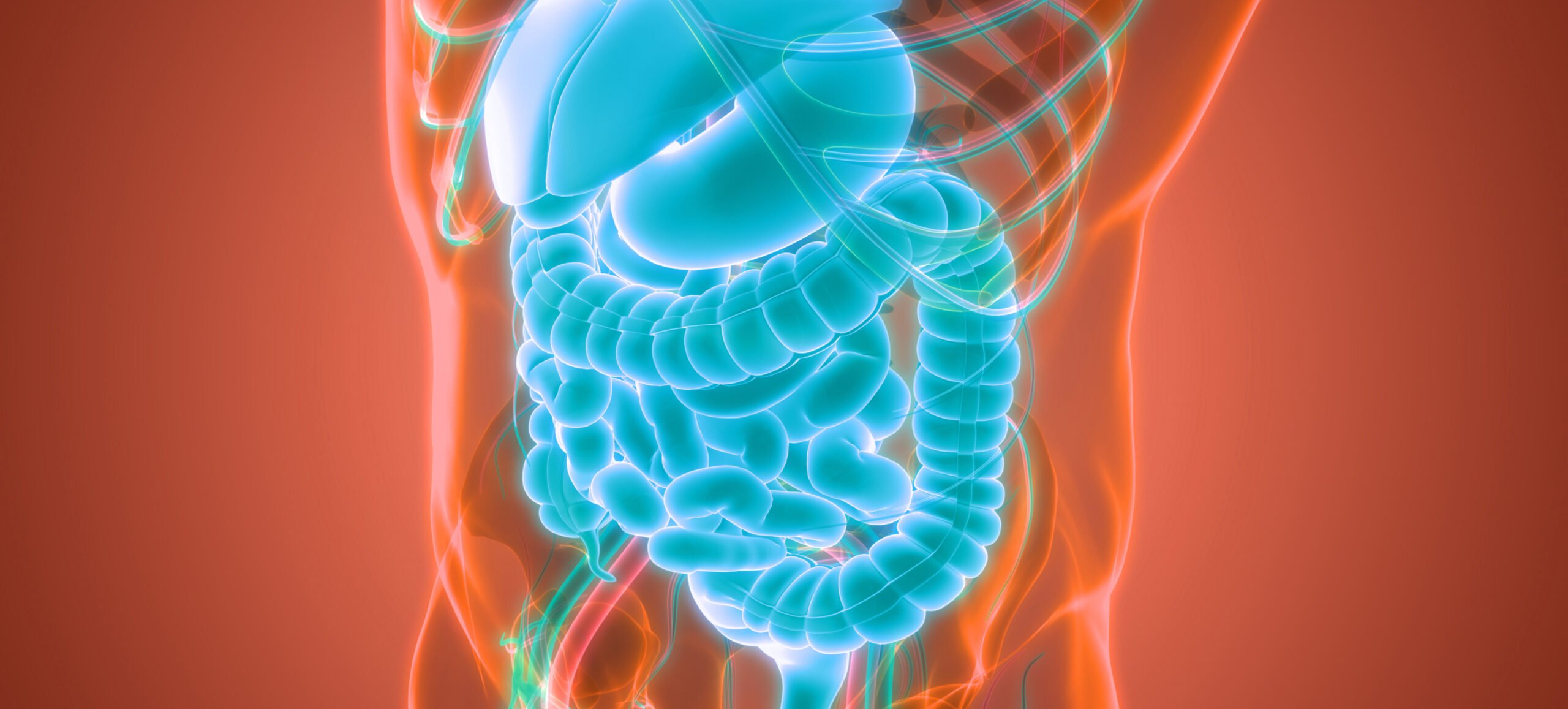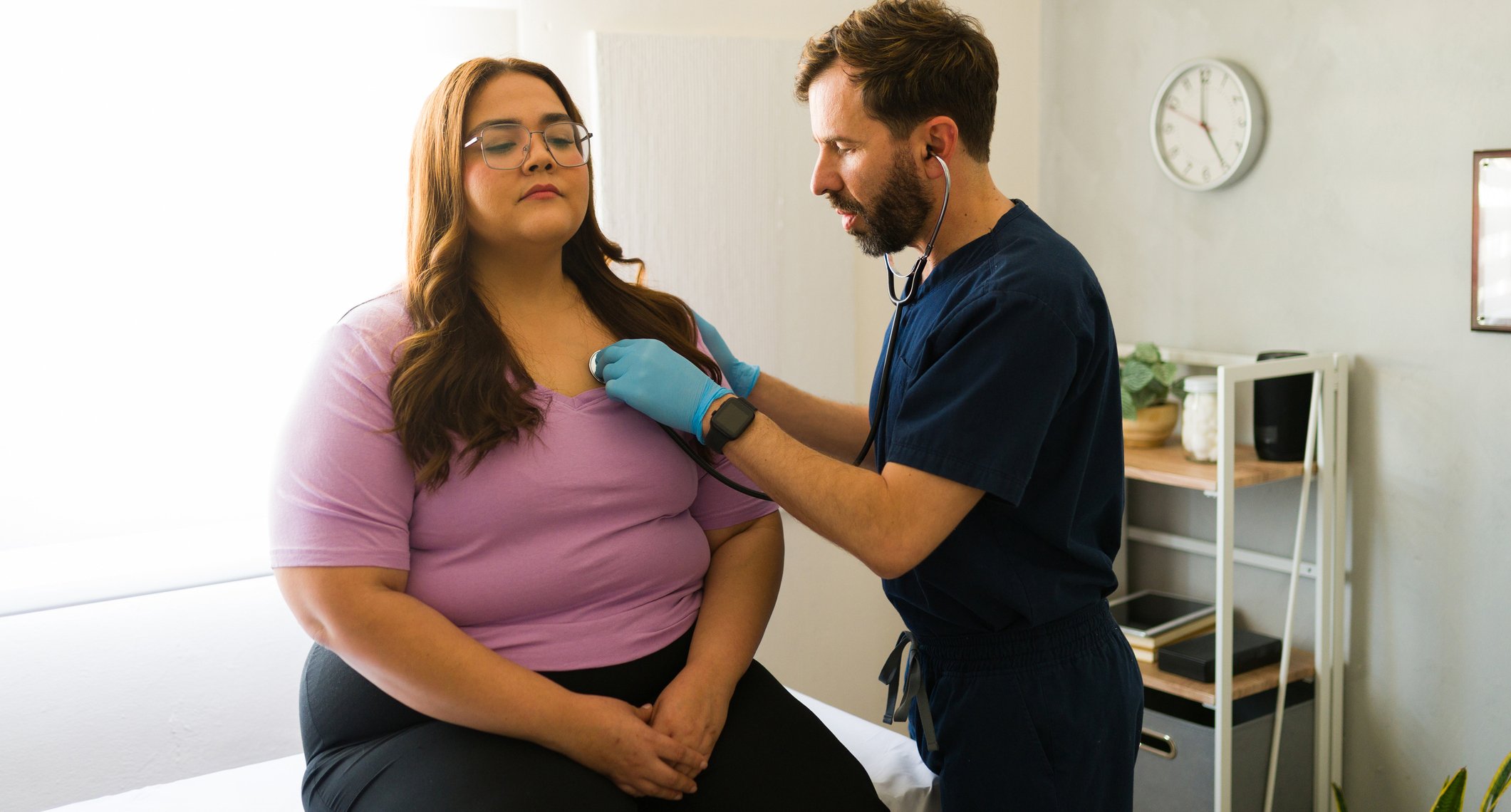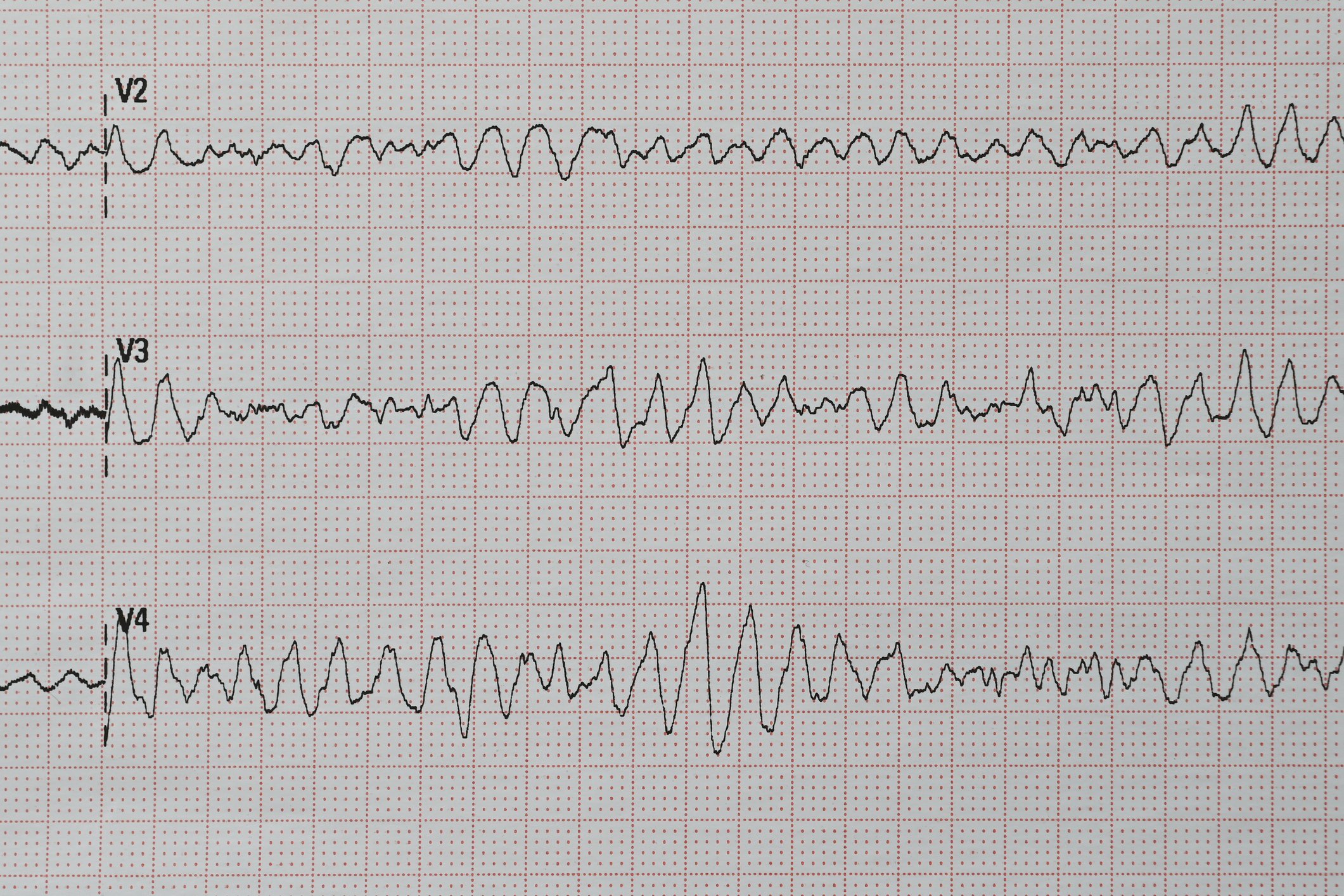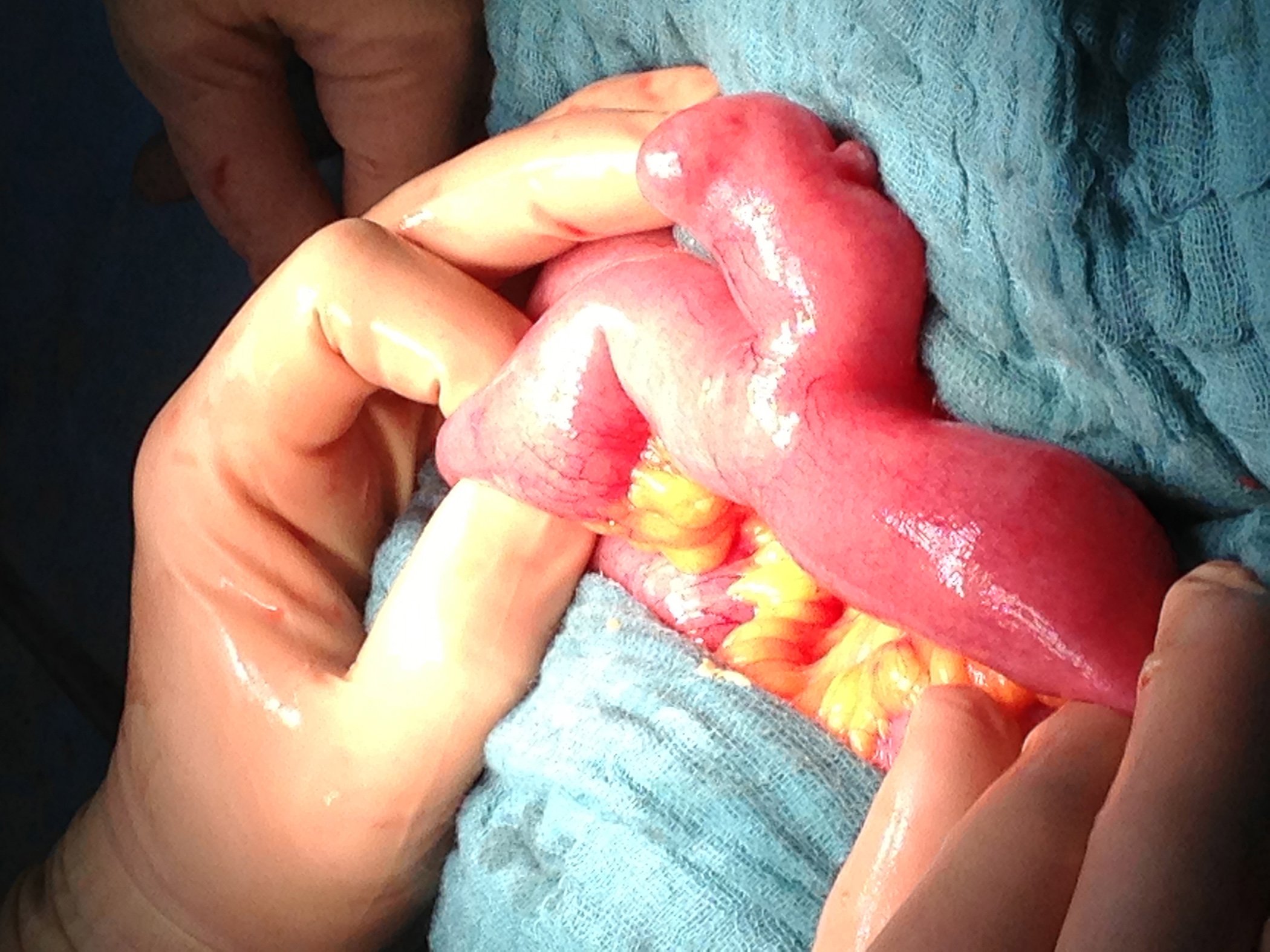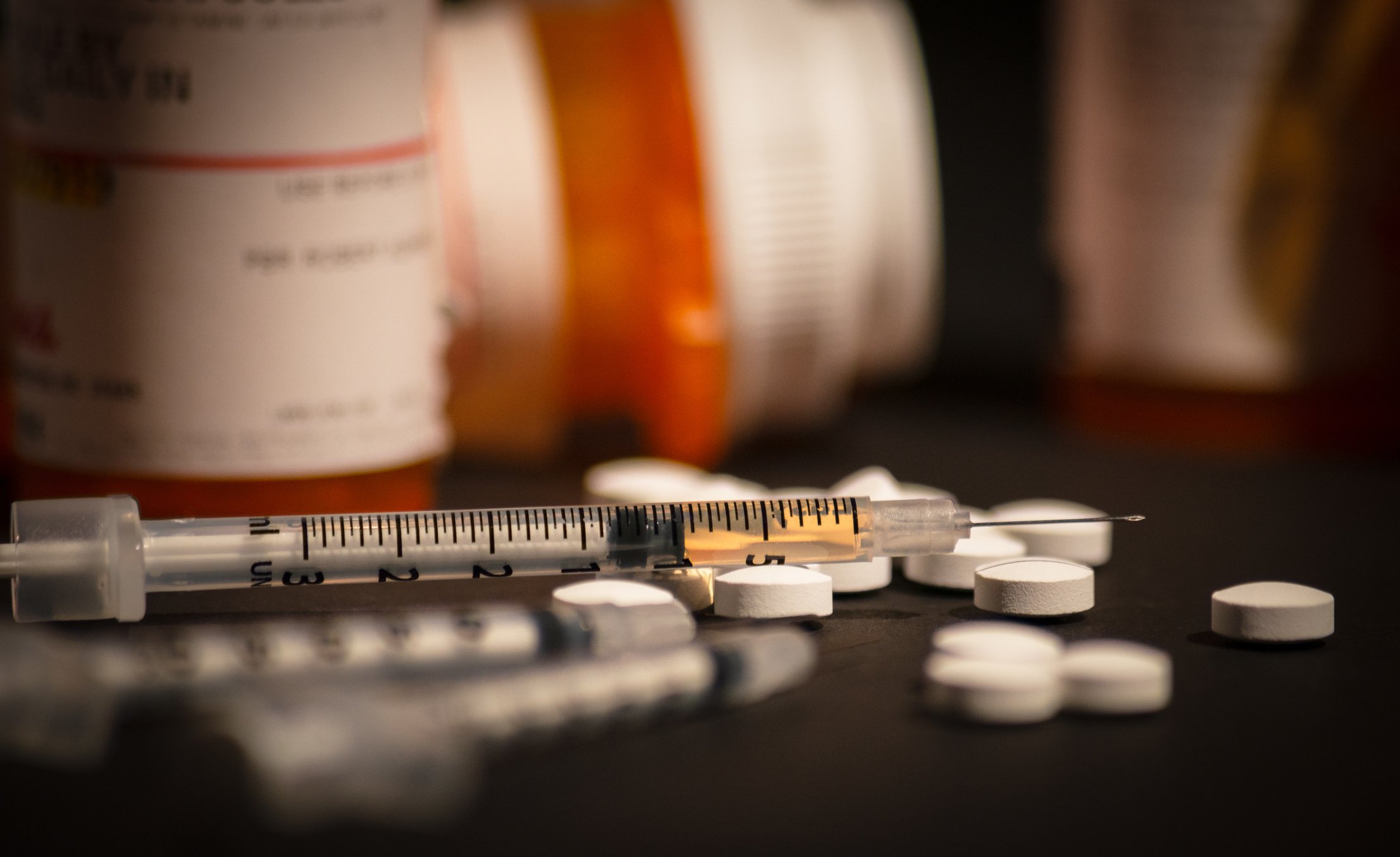A 35-year-old patient presents with “typical” reflux symptoms but does not respond to treatment with proton pump inhibitors.
Background: A 34-year-old male patient presented to his primary care physician with retrosternal burning and pain on swallowing.
Initial treatment was with 40 mg of a proton pump inhibitor once daily for a period of 2 weeks.
However, the complaints hardly improved as a result.
Gastroscopy was then performed to clarify the persistent symptoms. Signs of reflux esophagitis corresponding to grade A according to the Los-Angeles classification were found. In addition, a tissue sample was obtained from the distal esophagus, in which eosinophilic cells (>20/facial-field) were detected. Histologically, the diagnosis of reflux esophagitis is made.
The patient is therefore treated with high-dose proton pump inhibitor therapy (2x 40 mg/d) for another 4 weeks. However, this again improved the complaints only insignificantly.
History and Diagnosis: The patient was referred to another gastroenterologist for a second opinion for further clarification. The patient reports retrosternal pain, burning of the stomach, food getting stuck in the esophagus, and dysphagia. The patient stated that he has to eat very slowly and drink regularly in between due to his symptoms. The further history also revealed that the patient had non-specific epigastric pain since childhood and suffered from neurodermatitis.
Further tissue samples were obtained by gastroscopy to establish the diagnosis, this time from the proximal and distal esophagus. Classic signs of eosinophilic esophagitis were also detected in the proximal esophagus. This was consistent with the patient’s medical history. For example, atopic diseases, such as atopic dermatitis, and eosinophilic esophagitis often occur in combination.
Therapy: The patient was then treated with topical steroids. These combat the inflammatory response that underlies eosinophilic esophagitis. Under this treatment, the complaints improved rapidly. However, since a cure for the disease is not yet possible, renewed therapy must be given if necessary.

Comment by Prof. Stephan Vavricka, MD:
The present case shows that not all patients with apparently typical reflux symptoms actually suffer from reflux disease.
If an attempt at therapy with proton pump inhibitors does not lead to an improvement in the symptoms, further diagnostics are therefore required. This allows other causes of the complaints to be identified and appropriate treatment to be initiated.





